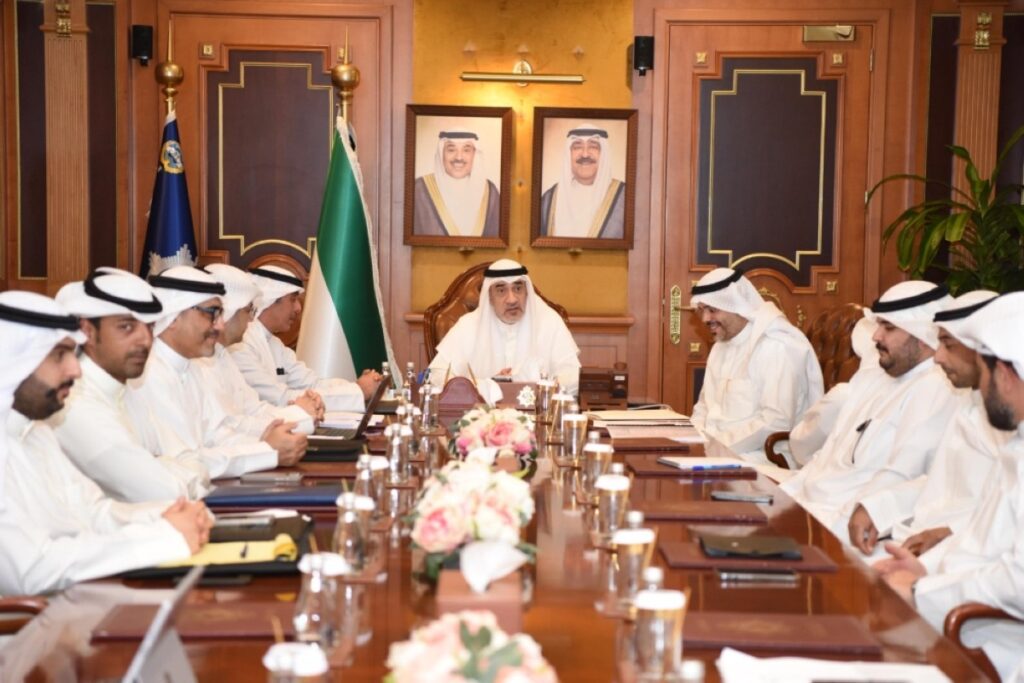KUWAIT: A high-level government committee entrusted to regulate charity and humanitarian activities in Kuwait approved on Wednesday a draft law for humanitarian work in the country with the aim to boost transparency and accountability. The charitable work committee, headed by First Deputy Prime Minister and Interior Minister Sheikh Fahad Al-Yousef Al-Sabah, has been working for the past several months to increase official oversight over a number of charity organizations in Kuwait that have carried out a large number of charity projects inside and outside Kuwait.
The approval came after the ministry of social affairs ordered charity organizations in Kuwait, a majority of which are run by Islamic societies, to halt their work for several weeks in a bid to regulate them. The ministry and the committee both issued stricter reforms to boost transparency of the charity organizations and the government’s oversight of their work.
The draft law aims to strengthen the principles of governance, reinforce transparency and accountability and enhance the efficiency of implementing charitable initiatives and projects, a statement said. Once officially approved, the new draft legislation is expected to mark a significant step in organizing humanitarian work practices, improve policies and regulations and bolster local and domestic trust in the organizations operating in the charity sector.
For the past several decades, Kuwait has played a leading role among the oil-rich Gulf states in charitable work, with a large number of charity projects all over the world, especially in the Middle East and Africa.
Separately, the interior ministry announced on Wednesday residency detectives busted a network selling visas to expats for money, the second such bust this week. The ministry said a complaint by a Pakistani who paid KD 650 for a residence permit to another Pakistani led to busting the network.
Investigations revealed that the accused, who admitted to receiving the money, is a partner in 11 companies with 162 workers on their records. A number of workers registered on these companies admitted to paying sums ranging between KD 500 and KD 900 to obtain residency permits. Investigations also revealed that some of them paid additional sums ranging between KD 60 and KD 70 to falsify salary data on work permits to obtain family residency permits.
A Kuwaiti was also summoned as an authorized signatory for the 11 companies, admitting to receiving monthly sums ranging between KD 500 and KD 600. The ministry said the 12 suspects were referred to the public prosecution, confirming that investigations, arrests and inspections of the headquarters of the concerned companies are underway.

